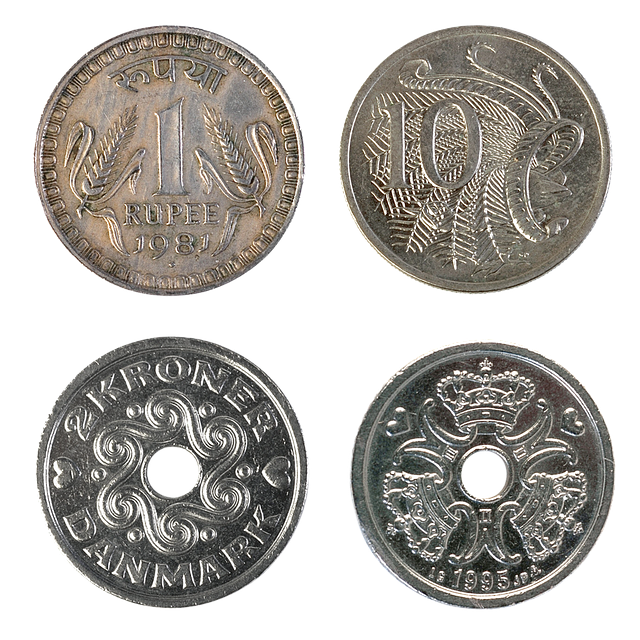Your credit score greatly affects car title loan terms and rates. Lenders assess risk based on your creditworthiness, determined by credit score, income, and vehicle ownership. Higher scores lead to better conditions like lower interest rates, while lower scores may result in stricter requirements and higher costs. Understanding this relationship is crucial for borrowers seeking favorable car title loan terms. Even with less-than-perfect credit, equity in your vehicle can secure funding.
“Unraveling the intricate relationship between car title loan credit score requirements and loan terms/rates is essential for borrowers. This article guides you through the process, offering insights into how your credit score influences the conditions of these short-term loans. We explore the impact on car title loan terms, focusing on interest rates and repayment periods. Understanding this connection empowers informed decision-making, ensuring borrowers secure favorable loan conditions aligned with their financial capabilities.”
- Understanding Credit Score Impact on Loans
- Car Title Loan Terms and Their Connection to Credit
- Exploring Rates: Credit Score Role Revealed
Understanding Credit Score Impact on Loans

A borrower’s credit score plays a pivotal role in determining the terms and rates offered on various loans, including car title loan credit score requirements. This numerical representation of an individual’s financial health is a key indicator for lenders assessing risk. A higher credit score generally signifies a lower default risk, allowing borrowers to access more favorable loan conditions. Conversely, a low or poor credit score may result in stricter lending criteria and potentially higher interest rates.
When considering a car title loan, the lender will examine not only your credit score but also other factors like income and vehicle ownership (in this case, the title pawn). These elements collectively contribute to the decision-making process, influencing the availability of quick funding and the overall terms of the loan agreement. Understanding how your credit score impacts these aspects is crucial for borrowers aiming to secure the best possible deal in the fast-paced world of short-term lending.
Car Title Loan Terms and Their Connection to Credit

When considering a car title loan, one of the primary factors that lenders assess is your credit score. While these loans are often marketed as a quick and easy solution for emergency funding, the reality is that strict loan requirements exist. Lenders use your credit history and score to gauge the risk associated with lending money to you. A higher credit score typically translates to better loan terms and potentially lower interest rates, making the borrowing process more accessible and affordable.
Conversely, those with lower credit scores may face stricter loan requirements and higher rates. This can make securing a car title loan even more challenging, as lenders may demand larger down payments or shorter repayment periods. Understanding this connection between car title loan terms and your credit score is crucial when seeking financial assistance in times of need, ensuring you’re prepared for the potential implications on your loan agreement.
Exploring Rates: Credit Score Role Revealed

When it comes to car title loan credit score requirements, understanding the role of your credit score is pivotal. Lenders often use your credit score as a primary indicator of financial responsibility and risk. A higher credit score typically translates into more favorable loan terms and rates for borrowers. This is because lenders perceive individuals with excellent credit as less likely to default on their loans. In contrast, lower credit scores may result in stiffer interest rates and shorter repayment periods, reflecting the increased risk associated with borrowers who have a history of financial mismanagement or limited credit history.
Exploring car title loan rates reveals that credit score is not the sole determinant. Vehicle equity plays a significant role as well. Lenders secure these loans using the borrower’s vehicle title, allowing them to offer competitive rates even without a comprehensive credit check. Additionally, repayment options can vary, providing borrowers with flexible terms if they meet certain criteria. This means that even those with less-than-perfect credit or no credit check history may still gain access to much-needed funds, as long as their vehicle equity is substantial enough to back the loan.
Credit score requirements for car title loans play a significant role in determining loan terms and interest rates. While these standards can seem strict, they are designed to mitigate risk for lenders. A higher credit score often results in more favorable loan conditions, including lower interest rates and extended repayment periods. Conversely, borrowers with lower scores may face higher rates and shorter term options. Understanding this relationship empowers consumers to manage their credit health proactively, ensuring they secure the best possible terms when seeking car title loans.






